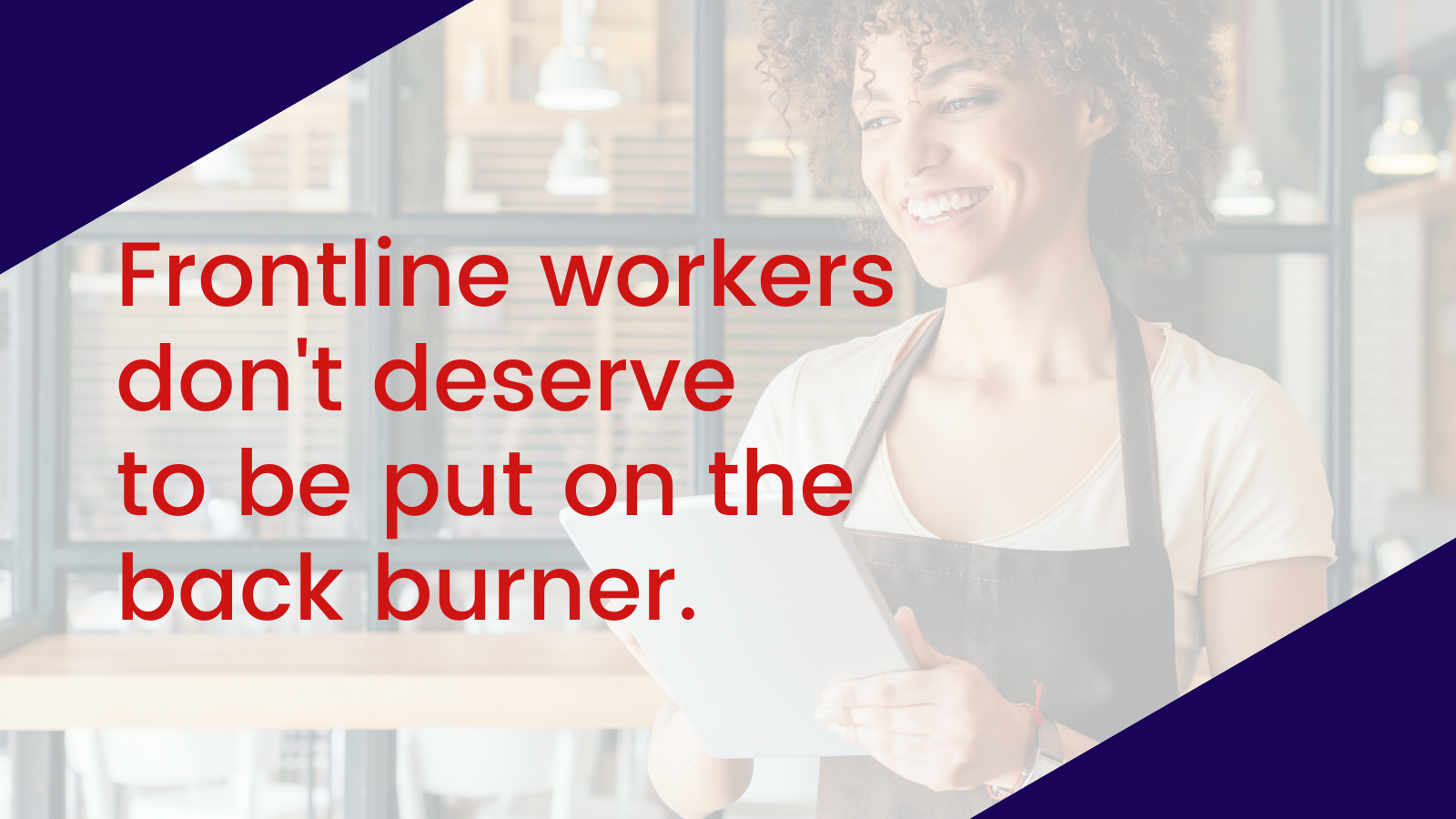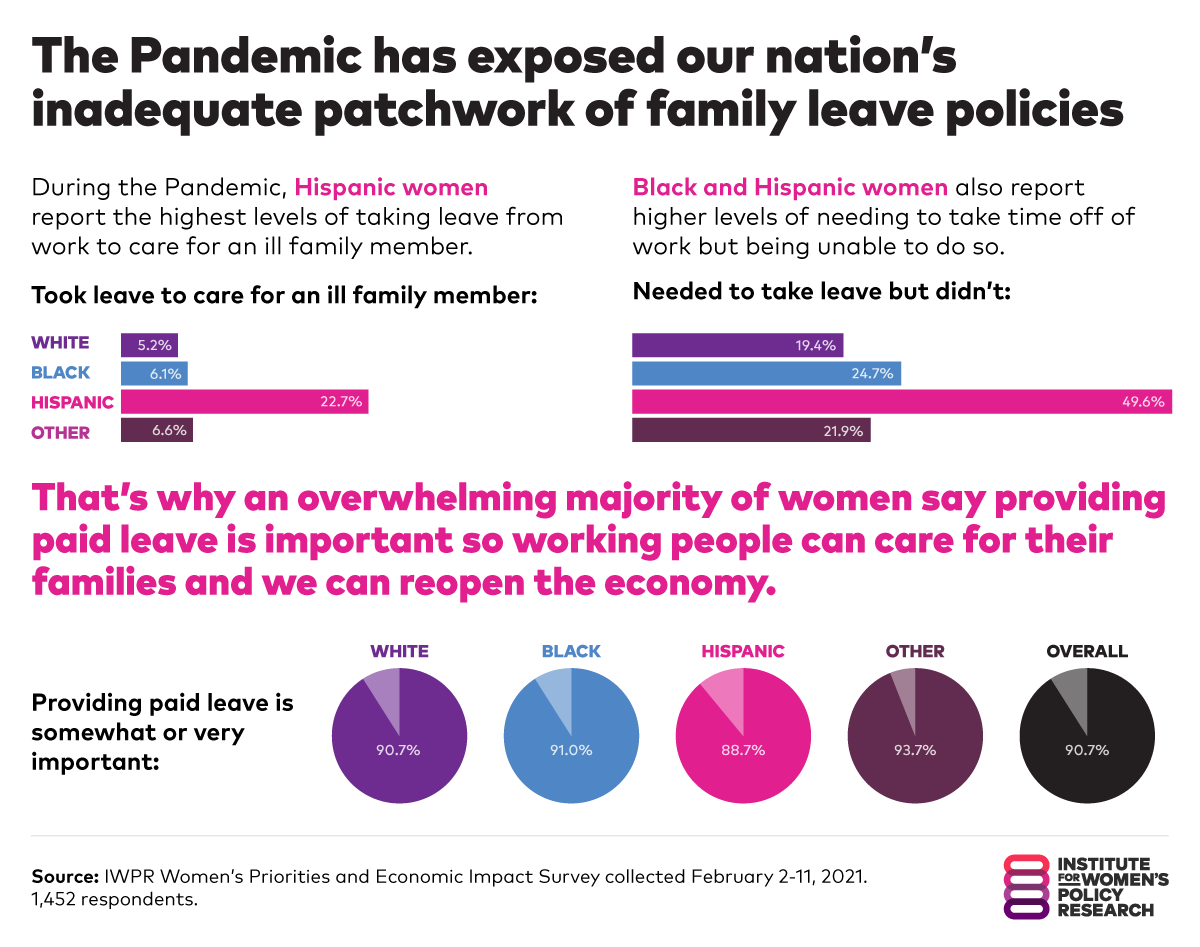
The City of Philadelphia is easing COVID-19 restrictions even though its Public Health Emergency Leave expired at the end of last year. That means our frontline workers, disproportionately Black people and people of color, have been left without protection from COVID-19 amid the winter spike in cases.
On March 2, Philadelphia City Council held a hearing on ordinance #210122, which would provide Public Health Emergency Leave (PHEL) in 2021 for Philadelphia workers.
PHEL would provide Philadelphia workers with two weeks of paid sick leave that would be available immediately. The time could be used to quarantine after potential COVID-19 exposure, care for a sick family member, or care for a child who is not able to attend childcare or school due to the pandemic. It would apply to all businesses with 50 or more employees.
After a long day of testimony, Philadelphia City Council voted the bill out of Committee. This is an encouraging step, but the ordinance still needs to be voted into law.
WLP strongly urges members of Philadelphia City Council to support our city’s courageous frontline workers and protect public health by voting affirmatively to reinstate PHEL as soon as possible.
Essential Workers Pleaded for PHEL
This is an excerpt of testimony given by a Philadelphia essential worker named M. Brown:
“I am an essential security officer,” said Brown. “I have worked on the frontline of this pandemic every day… We come to work looking to do what we need to protect people, but we also come to work wondering how we’re going to buy Pampers, diapers for our babies. Then I go home and find out the daycare worker thinks she may have caught COVID. I come back to work and tell my employer I may have corona, and I’m laid off for two weeks …. Now I have to go home and try to feed my children.
I’m begging you all, I’m pleading with you all, these are people’s lives that you all see every day. People who take YOUR trash out, makes sure YOUR desk is clean, make sure YOUR environment is COVID protected, making less than $12 an hour. I plead with you all, pass this bill.”
As Brown so eloquently stated, healthcare workers, grocery store workers, food service employees, and retail workers—people we have rightly called heroes—have kept our city running through the darkest periods of the pandemic. The vulnerabilities of frontline workers have contributed in part to the glaring disparities seen in COVID-19 cases in Philadelphia, in which Black workers are more than twice as likely as white workers to contract COVID-19.
As Philly begins to open back up, we must protect vulnerable workers, their families, and the general public from the ongoing threat of COVID-19 by reinstating PHEL. Research shows that emergency paid leave policies slow the spread of COVID-19, which in turn helps to keep businesses open.
Without Emergency Paid Leave, Women are Pushed Out of the Workforce
Paid leave policies help to keep women in the workforce. Since the start of the pandemic, 40 percent of women have either stopped working or had to reduce their hours due to caretaking demands, according to a new report from Institute for Women’s Policy Research.

Disproportionately employed in the hardest-hit sectors — education, hospitality and leisure, healthcare, and service — more than 4.3 million women have lost their jobs and another 2.35 million have left the workforce since February 2020 due to caretaking demands or an inability to find work. Of the 140,000 net jobs lost in December, all of them were attributed to Black, Hispanic and Asian women leaving the workforce.
The next hearing on Philadelphia Public Health Emergency Leave is scheduled for March 11.
The Women’s Law Project is a public interest law center in Pennsylvania devoted to advancing and defending the rights of women, girls, and LGBTQ+ people in Pennsylvania and beyond.
March 2021: Our physical offices are still closed due to the pandemic but we are OPEN and working to serve your needs. Contact us here. Sign up for WLP’s Action Alerts. Stay up to date by following us on twitter, Facebook, and Instagram.
As a non-profit organization, we can not do this work without you. Please consider supporting our work.

